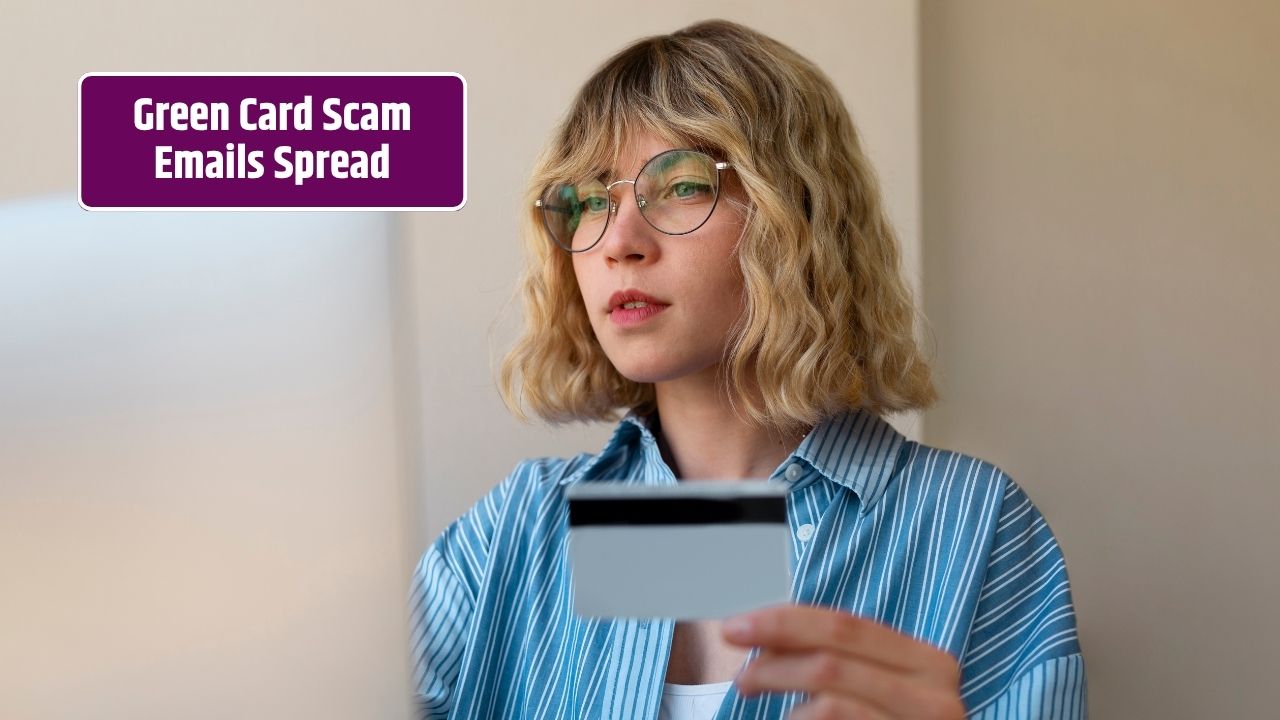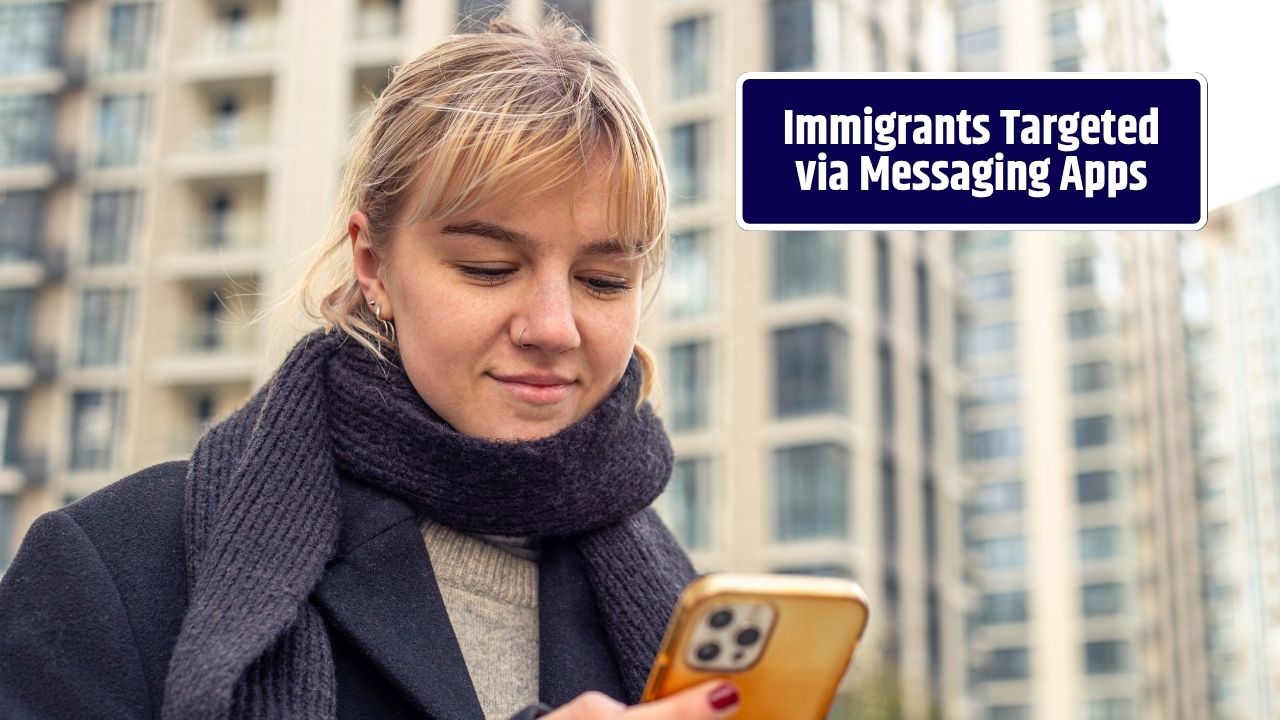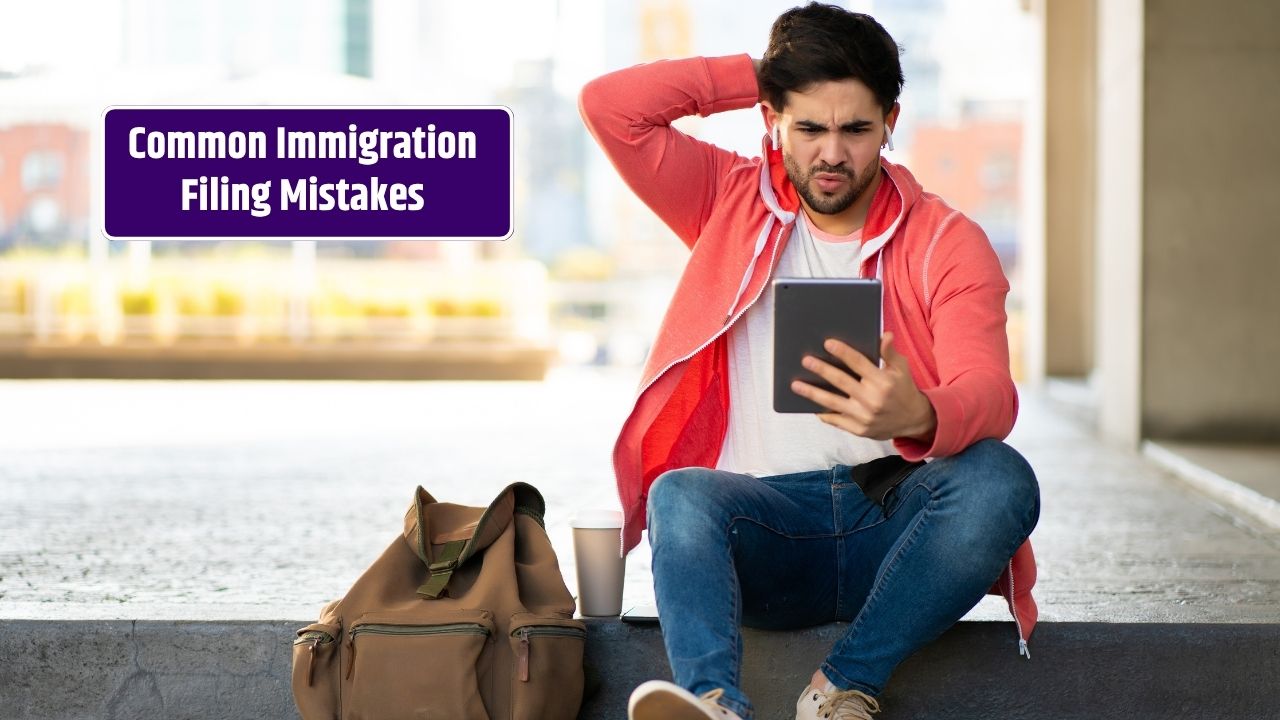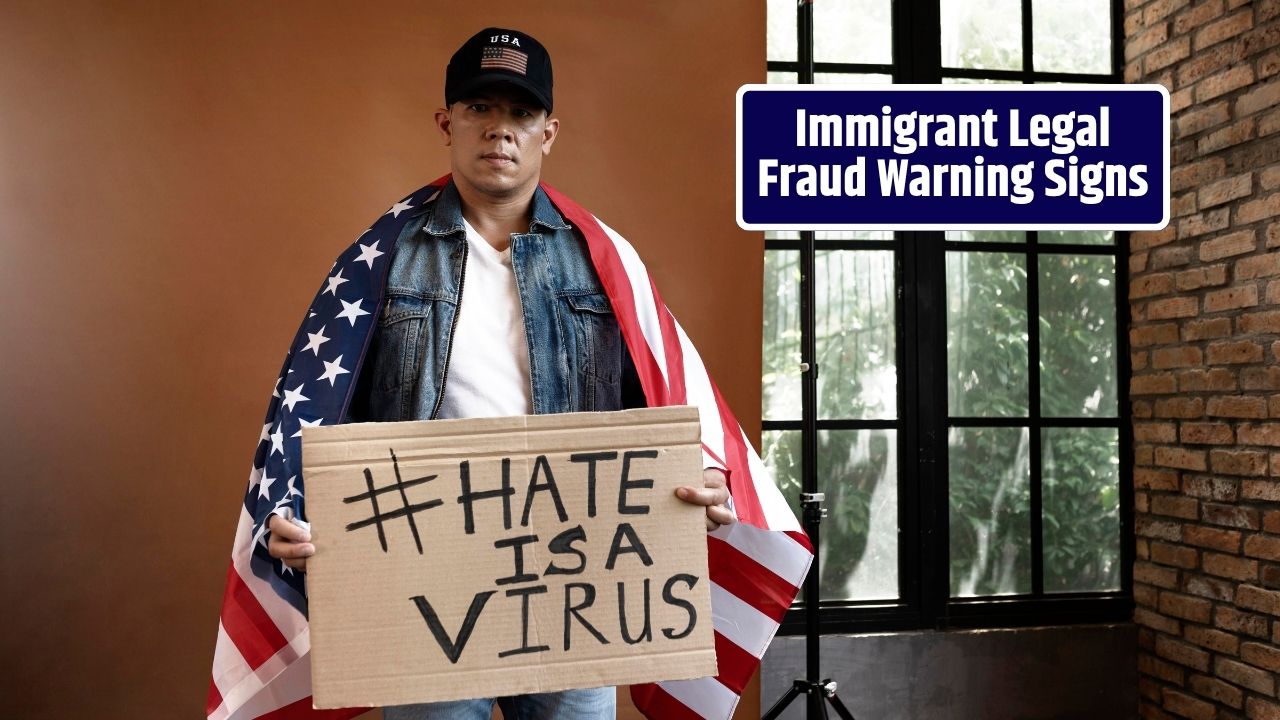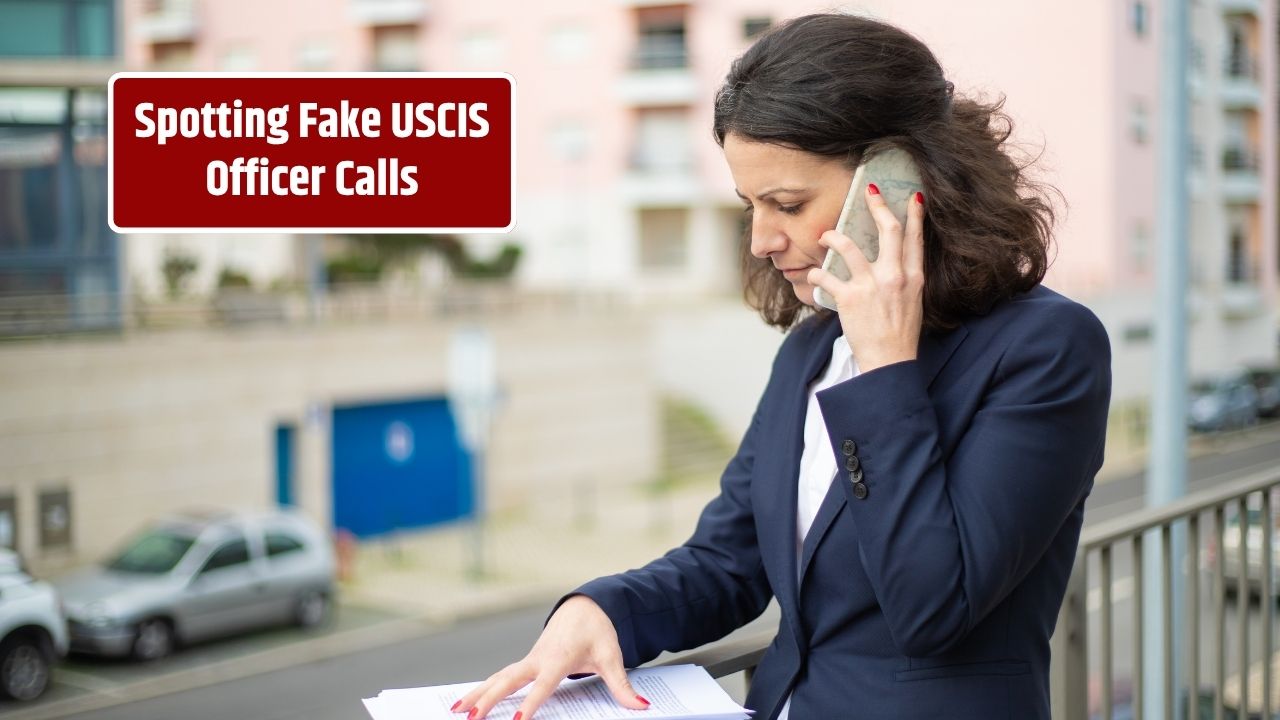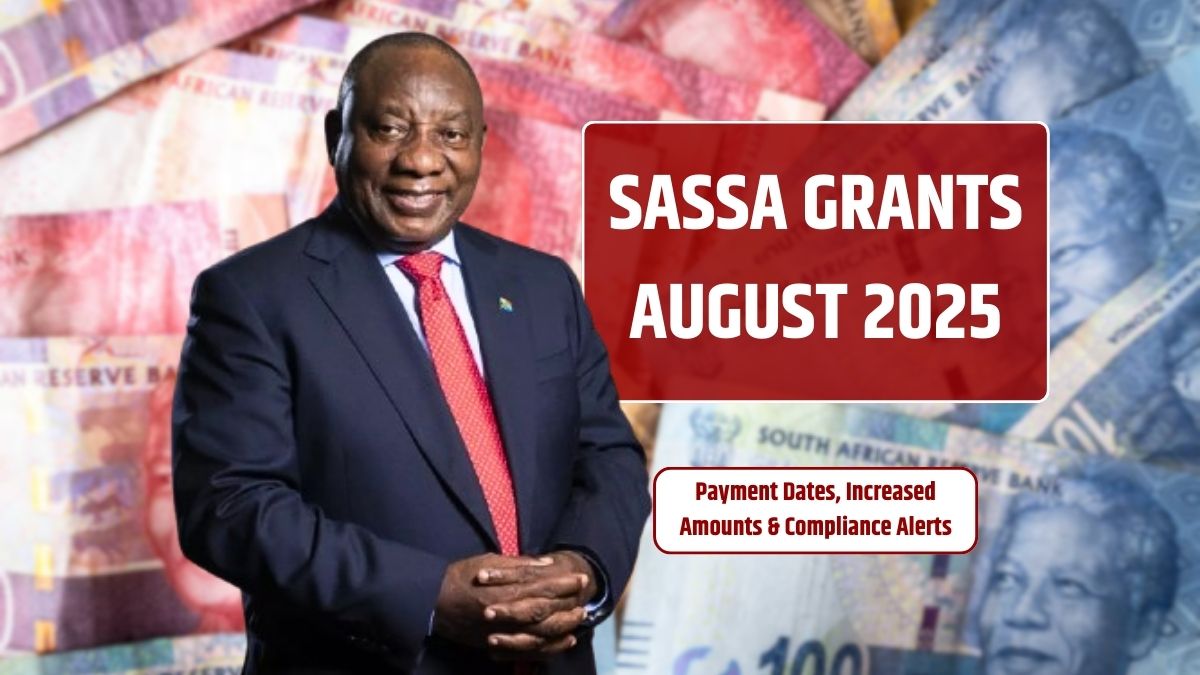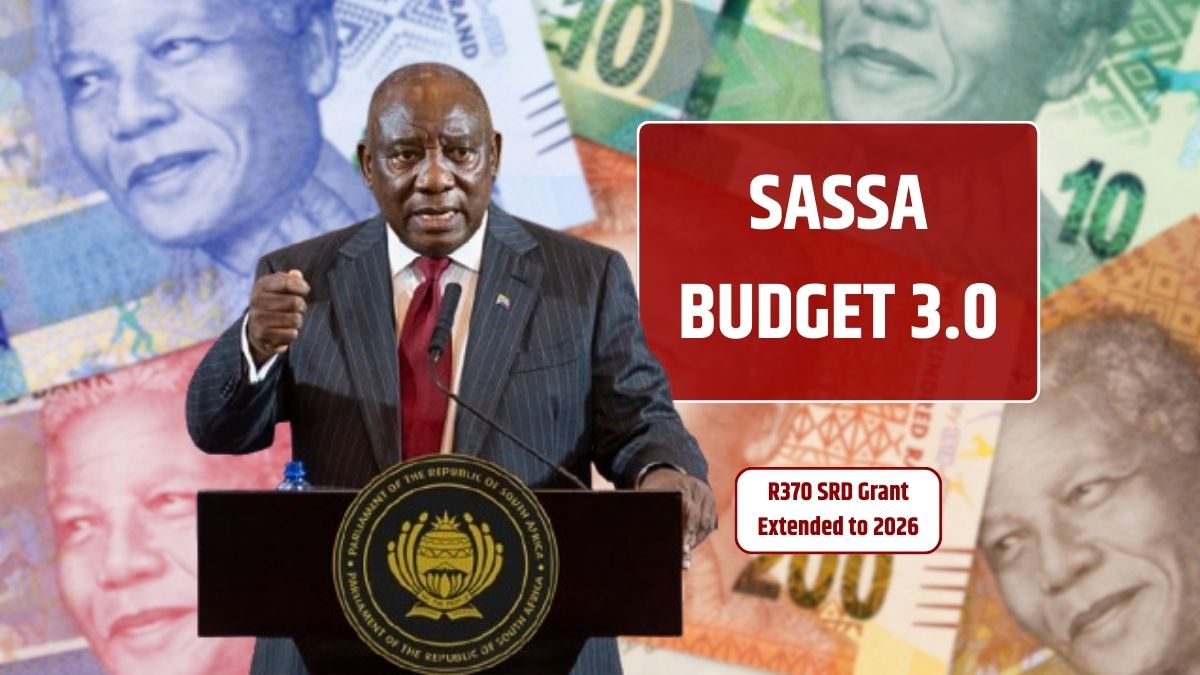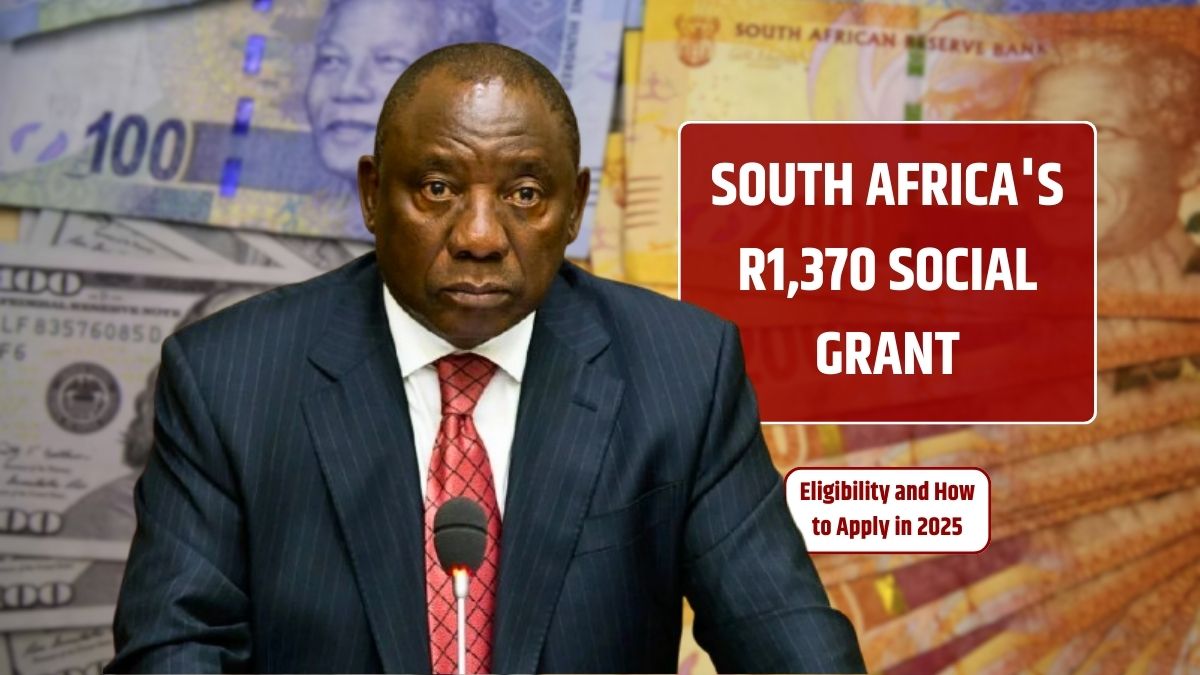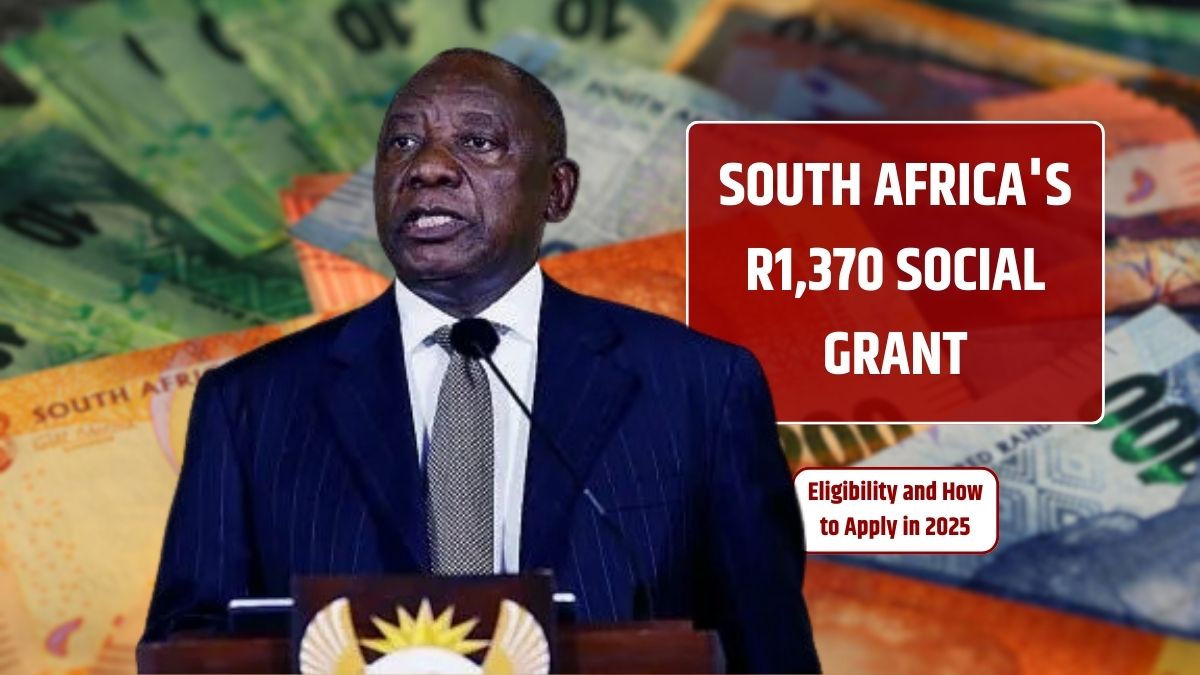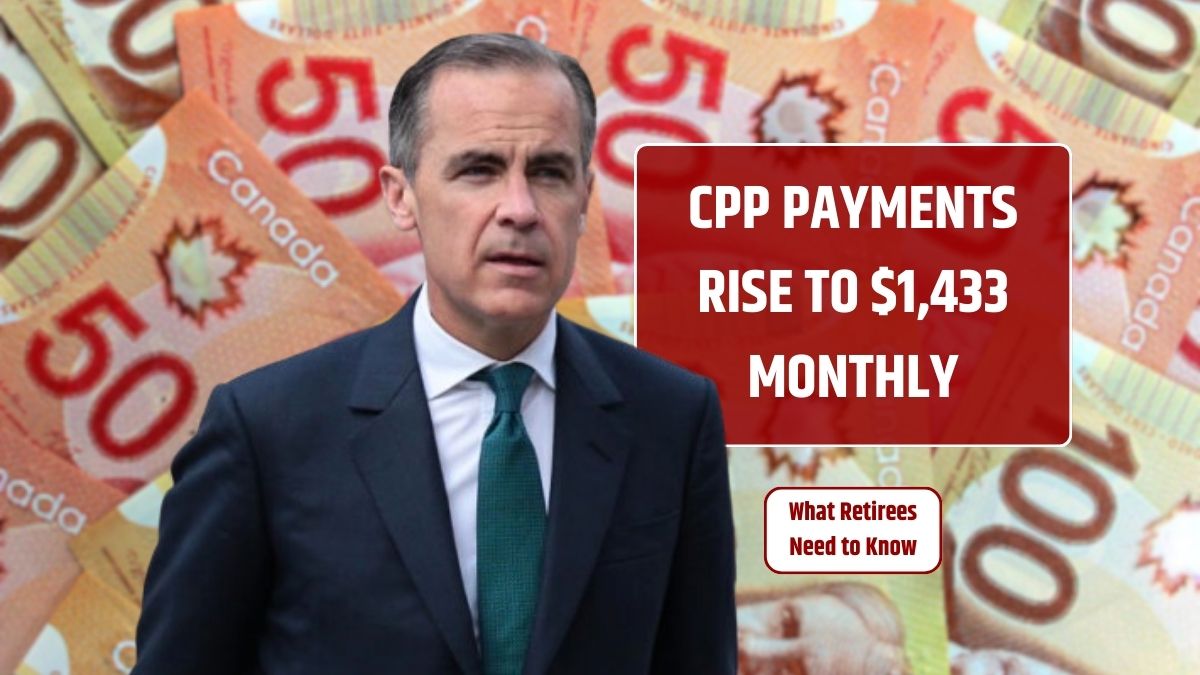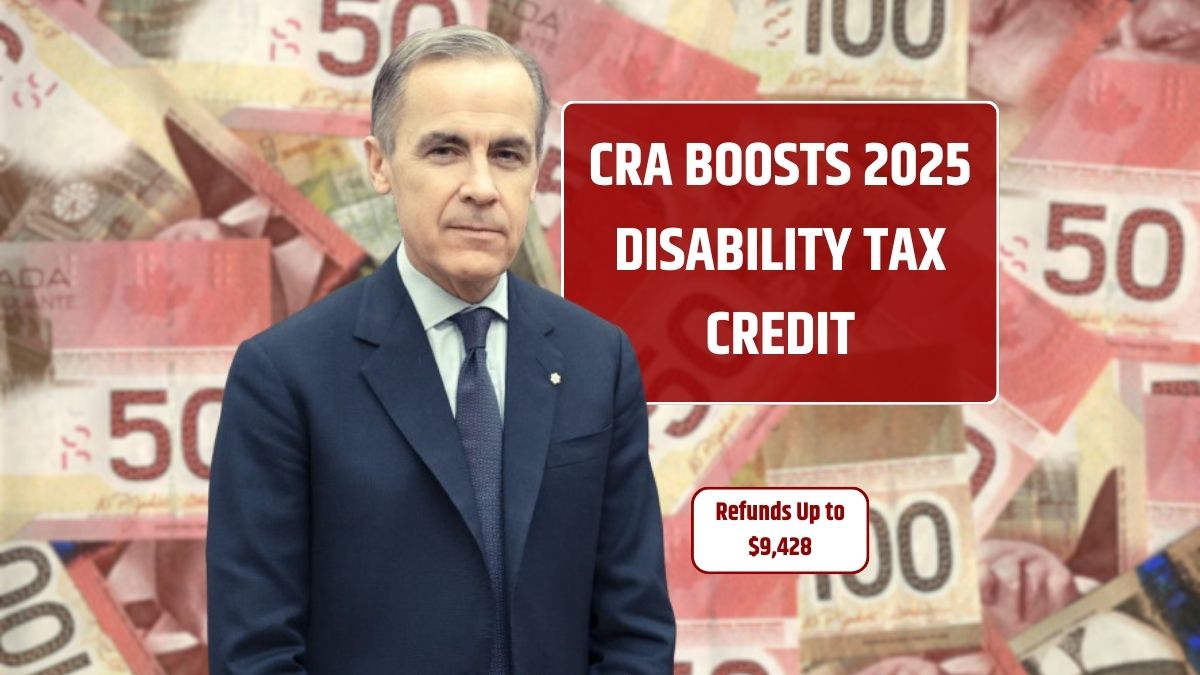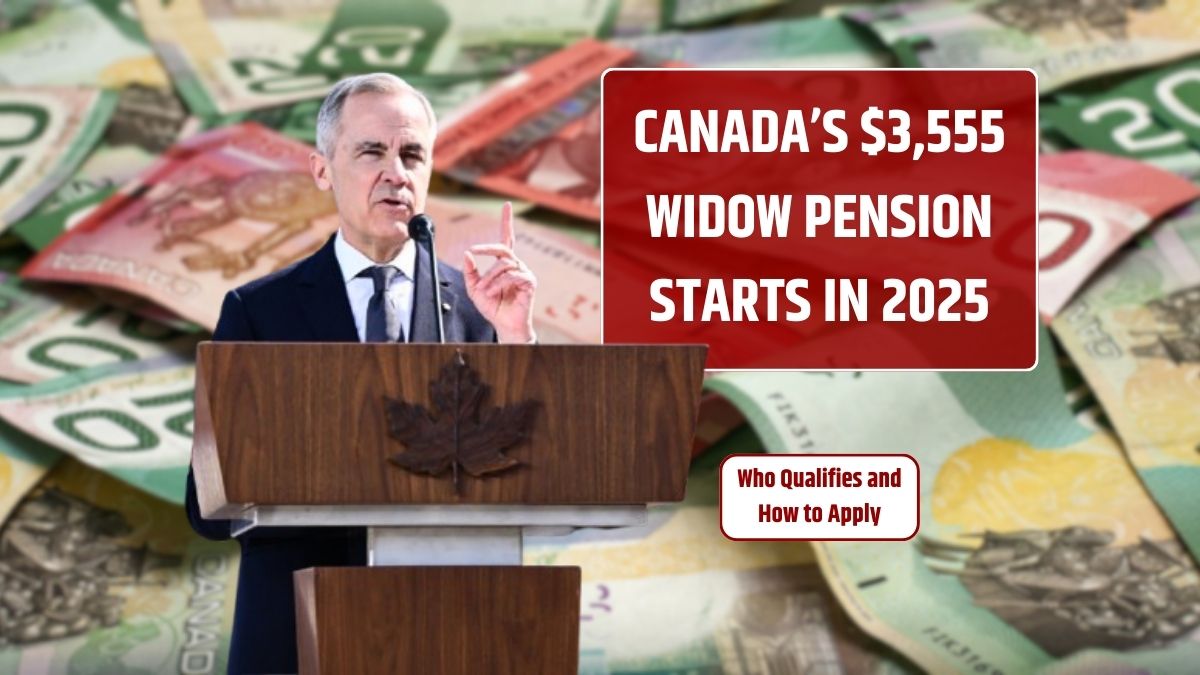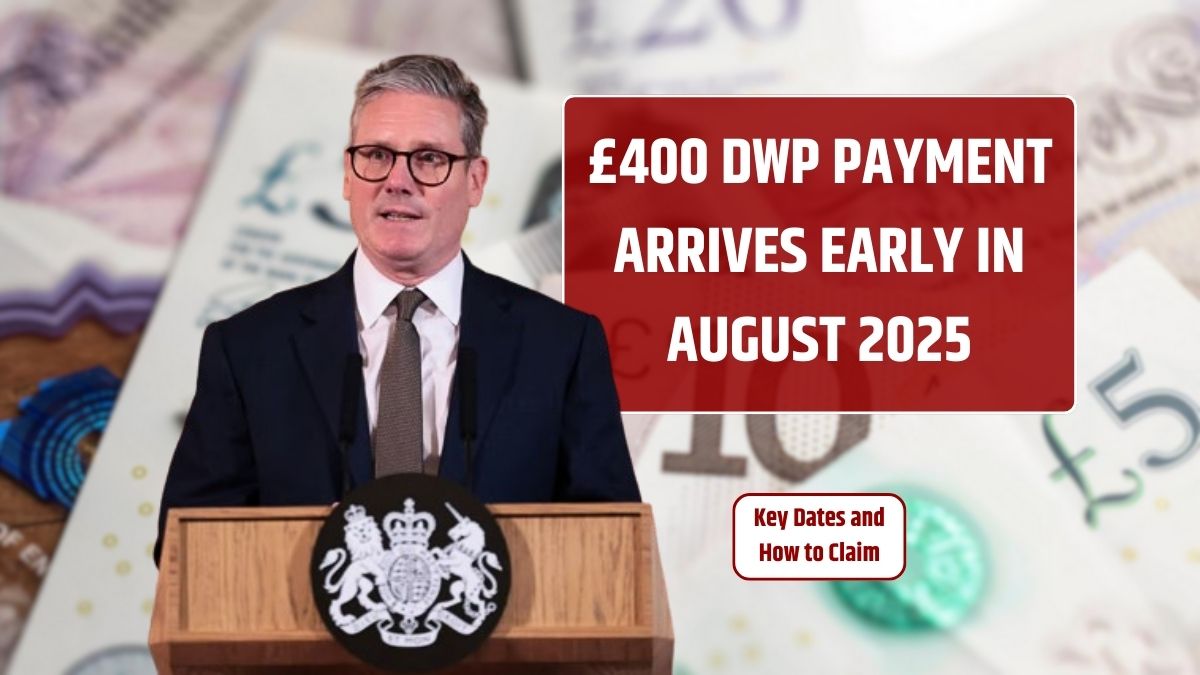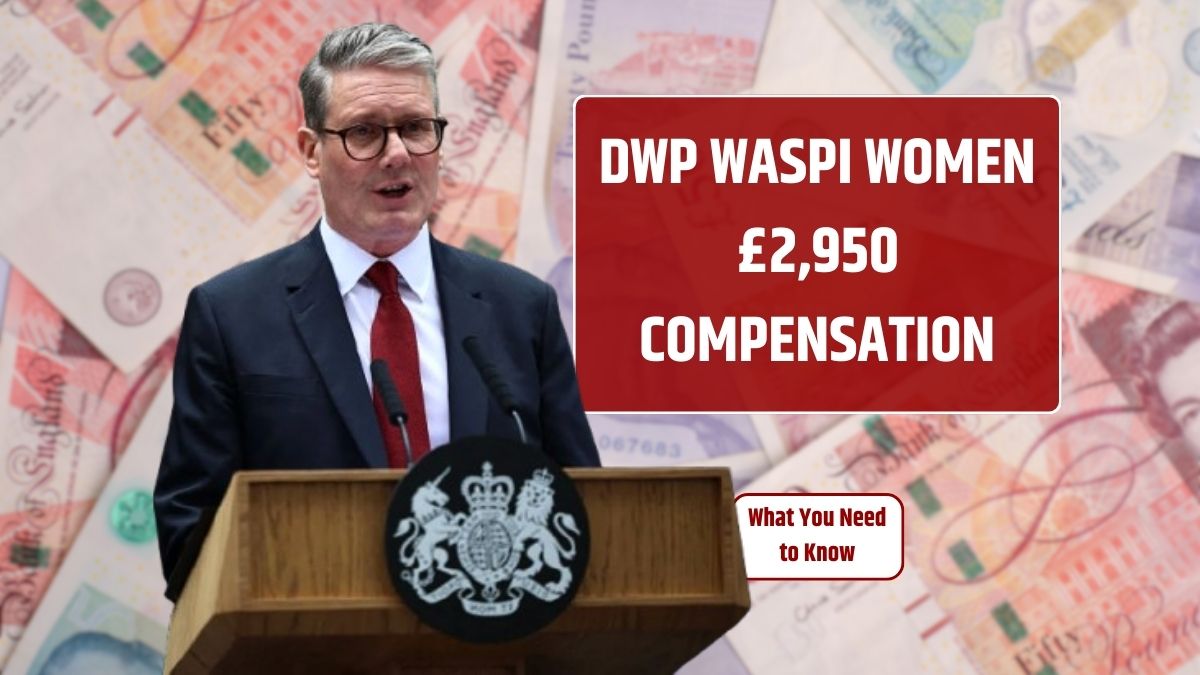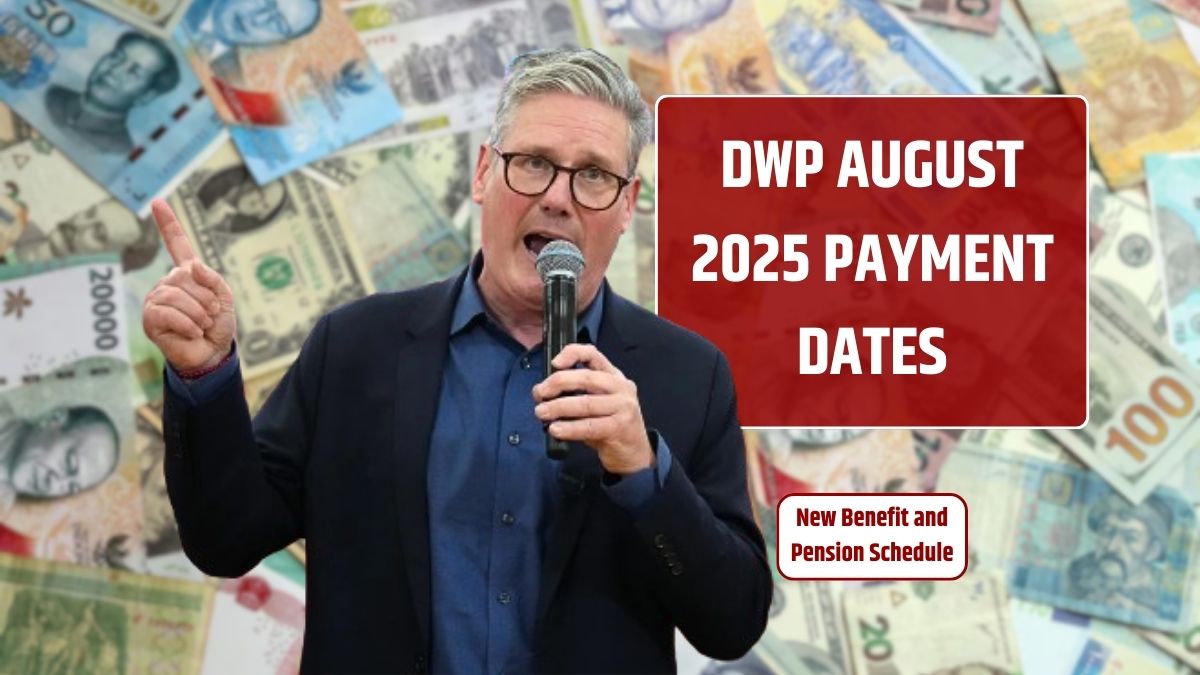As demand for U.S. visas continues to rise in 2025, so do immigration scams targeting hopeful applicants. One of the most common and dangerous? The “Pay to Speed Up Your Visa” scam. Fraudsters promise to fast-track your visa approval—for a hefty fee. But in reality, there’s no such shortcut, and falling for this trick can cost you money, delay your process, and even jeopardize your immigration status.
Here’s how the scam works, how to spot it, and what to do if you’ve been targeted.
What Is the “Pay to Speed Up Your Visa” Scam?
In this scam, someone—posing as a government agent, visa consultant, or even a USCIS officer—contacts visa applicants and claims they can expedite the approval process for a fee. The scammers may send fake emails, make phone calls, or message you through social media.
They often say:
- “We can move your case to the front of the line.”
- “We’ll guarantee visa approval in 7 days for $500.”
- “Pay now to avoid delays or cancellation.”
They may use official-looking logos, fake case numbers, or spoofed phone numbers to appear legitimate.
Why It’s a Scam
Let’s be clear: no one outside of USCIS or the U.S. Department of State has the authority to speed up a visa application. Even within the system, fast-tracking is only available in limited circumstances, and the process is free or subject to standard government fees—not paid to individuals.
| Claim | Reality |
|---|---|
| “Pay $500 to expedite your visa.” | USCIS does not accept third-party payments for faster processing. |
| “We guarantee 3-day approval.” | No one can guarantee approval—each application is reviewed individually. |
| “We work with USCIS directly.” | Only licensed attorneys and accredited reps can contact USCIS on your behalf. |
| “You’ll lose your place if you don’t pay.” | Your application remains in process unless you withdraw it. |
How the Scam Reaches You
These scams are often delivered through:
- Emails with fake USCIS or embassy logos
- WhatsApp or Telegram messages from fake “immigration agents”
- Phone calls with caller ID spoofing a U.S. government number
- Social media ads promising “urgent visa processing”
In many cases, scammers target individuals from high-demand countries, such as India, Nigeria, Pakistan, and the Philippines, where wait times for visas can be long.
How to Protect Yourself
Follow these tips:
- Only pay fees through official government websites
- USCIS: uscis.gov
- Department of State: travel.state.gov
- Never send money to individuals claiming to work for USCIS or a U.S. embassy
- Be cautious of unsolicited messages, especially via WhatsApp, Telegram, or email
- Use verified legal help: Only licensed immigration attorneys or DOJ-accredited representatives are allowed to assist with your case
- Check visa wait times directly on the U.S. embassy’s or USCIS website
What If You’ve Already Paid?
If you’ve sent money or given personal information to a scammer:
- Stop all contact immediately.
- Report the fraud to:
- The Federal Trade Commission (FTC): reportfraud.ftc.gov
- USCIS: uscis.gov/report-scams
- Your country’s cybercrime or consumer protection agency
- Monitor your bank accounts and credit for suspicious activity.
- If you shared documents (passport, A-number), consider notifying USCIS and monitoring for identity theft.
Real Visa Expediting Options (That Are Legit)
USCIS does offer a Premium Processing service for certain visa categories (like Form I-129 or I-140), but:
- It’s only available for specific forms
- It costs a fixed fee (currently $2,805 for most cases)
- It must be filed using official forms (not through third parties promising shortcuts)
Visit the official USCIS Premium Processing page for current eligibility.
FAQs
Can anyone outside USCIS or an attorney fast-track my visa?
No. Only USCIS officers handle your petition, and only official services like Premium Processing apply in limited cases.
Is there a way to check if a payment request is real?
Yes. All official fees are published on uscis.gov or travel.state.gov. If it’s not there, it’s likely a scam.
Can I get a refund from a scammer?
Unfortunately, most payments made to scammers (especially via gift cards, crypto, or Western Union) are not recoverable.





